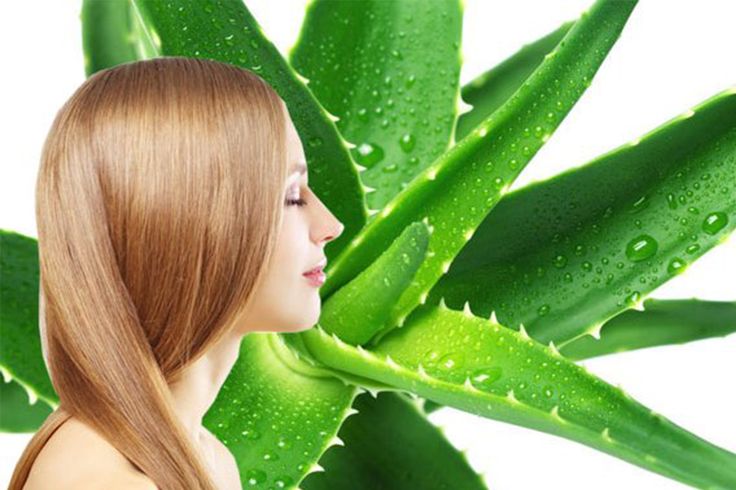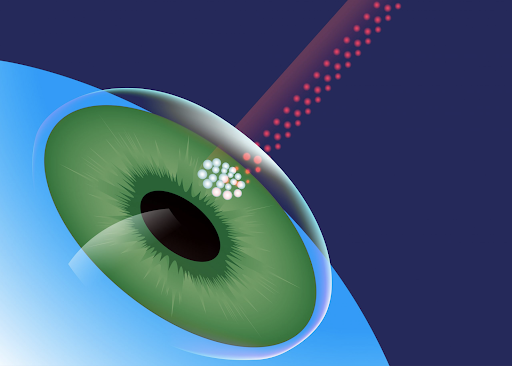
Aloe vera gel is a popular natural remedy for skin issues, but how long does it last? The answer depends on the type of aloe vera gel you have and how you store it. Generally speaking, aloe vera gel can last up to two years if stored properly. However, once opened, it should be used within a week or two. In this blog post, we’ll discuss the different types of aloe vera gel and how to store them so that they last as long as possible.
Types of Aloe Vera Gel
There are two main types of aloe vera gel: fresh (raw) and prepared. Fresh (raw) aloe vera gel is made from the leaves of the plant and has no preservatives added. It will keep for up to a week in the refrigerator with no preservatives added. Frozen raw gel will keep for around a year in the freezer. Prepared aloe vera gel is made with added ingredients such as vitamin C or E and can be stored in an airtight container in the refrigerator for up to one week.
Shelf Life of Aloe Vera Gel
The shelf life of aloe vera gel depends on how it is stored and what type it is. Fresh (raw) aloe vera gel will keep for up to a week in the refrigerator with no preservatives added, while frozen raw gel will keep for around a year in the freezer. Prepared aloe vera gel without added vitamin C or E can be stored in an airtight container in the refrigerator for up to one week. However, adding vitamin C or E can extend its shelf life significantly – up to two years when stored at room temperature away from direct sunlight and humidity.
How To Store Aloe Vera Gel Properly
It’s important to store your aloe vera gel properly if you want it to last as long as possible. For fresh (raw) aloe vera gel, make sure you keep it refrigerated at all times and use it within a week after opening it. For prepared aloe vera gels with added vitamins C or E, make sure you store them in an airtight container away from direct sunlight and humidity – preferably at room temperature – so that they last up to two years before expiring.
Benefits Of Using Aloe Vera Gel
Aloe vera has many benefits when used topically on skin conditions such as acne, eczema, psoriasis, sunburns, insect bites and stings, rashes etc., due to its anti-inflammatory properties which help reduce redness and swelling while also providing moisture and hydration to dry skin areas. It also helps heal wounds faster by forming a protective layer over them that prevents infection while promoting healing from within by stimulating cell growth and regeneration. Additionally, some studies have found that using topical aloe vera may even help reduce wrinkles!
Potential Side Effects Of Using Aloe Vera Gel
Although there are many benefits associated with using topical aloe vera on your skin, there are some potential side effects that should be taken into consideration before using any product containing this ingredient: irritation; allergic reactions; contact dermatitis; increased sensitivity to UV radiation; burning sensation; itching; redness; dryness etc., so always do a patch test first before applying any product containing this ingredient directly onto your skin!
Top Online Betting Platforms to Watch in 2025: A Deep Dive into India’s Best Options
India’s online betting industry is thriving in 2025, with more platforms emerging each day to meet the growing demand of both casual and professional bettors. The choice of platform is crucial when it comes to ensuring an enjoyable, secure, and profitable betting experience. Among the top-rated platforms, 11xPlay, Lordsexch, Diamondexch9, EarthBetz, and Silverexch stand out for their unique offerings, tailored for various betting preferences.
11xPlay is a prime example of simplicity and variety. Its user-friendly interface makes it a favorite for both beginners and seasoned bettors. Offering a broad range of betting options, including popular sports like cricket and football as well as exciting virtual sports, 11xPlay ensures there’s something for everyone. By registering for an 11xPlay pro , bettors gain access to real-time sports betting, live casino games, and exclusive promotions. Its competitive odds and secure environment make it a reliable platform for all.
On the other hand, Lordsexch appeals to bettors who enjoy a more dynamic and thrilling betting experience. Its wide range of sports markets, from traditional games to niche events, ensures there are always plenty of betting opportunities. With Lordsexch ID, bettors can dive into live betting, allowing them to place wagers while watching the action unfold. The real-time betting feature adds a layer of excitement, keeping players engaged throughout the game.
For high-rollers and those who thrive on high-risk betting, Diamondexch9 is the ultimate choice. This platform caters to experienced players who want larger stakes and exclusive rewards. With a Diamond Exchange ID, users unlock access to premium markets, VIP services, and faster payouts. Offering higher limits and competitive odds, Diamondexch9 is perfect for those seeking significant wins.
EarthBetz is another great option for those who prioritize technology in their betting experience. Aimed at tech-savvy bettors, EarthBetz integrates advanced technology for seamless betting, whether on mobile or desktop. By registering for a Sky Exchange ID, users gain access to an intuitive platform featuring live sports events, real-time odds, and quick bet placements. Its modern features ensure a smooth and secure betting journey.
Finally, Silverexch is ideal for bettors who love variety. Offering a blend of mainstream sports like cricket and football along with niche markets like esports and virtual games, Silverexch caters to all. By signing up for a Silverexch ID, users enjoy access to live betting, real-time odds, and a sleek interface. Whether you’re interested in traditional sports or looking to explore new avenues, Silverexch has something for every type of bettor.
Each of these platforms offers unique advantages, from 11xPlay’s variety to Diamondexch9’s high-stakes focus. Whether you’re a casual bettor, a live sports enthusiast, or a high-roller, the right platform is just a click away. Create your 11xPlay ID, Lordsexch ID, Diamond Exchange 9, or Sky Exchange ID today and start your journey towards rewarding online betting!








